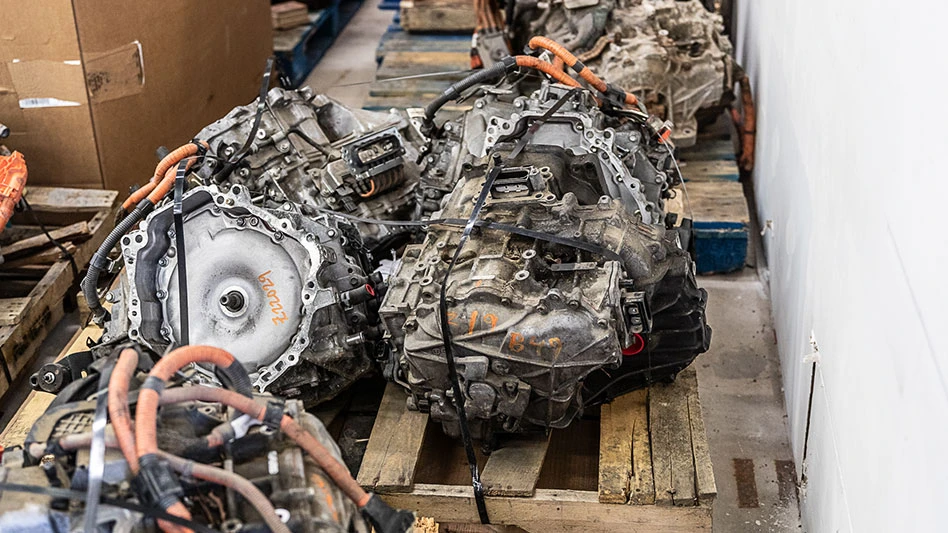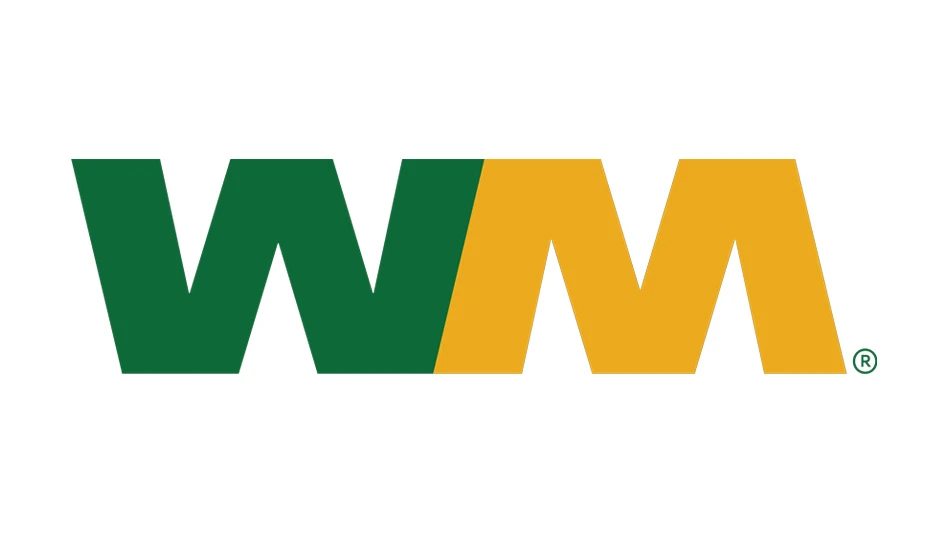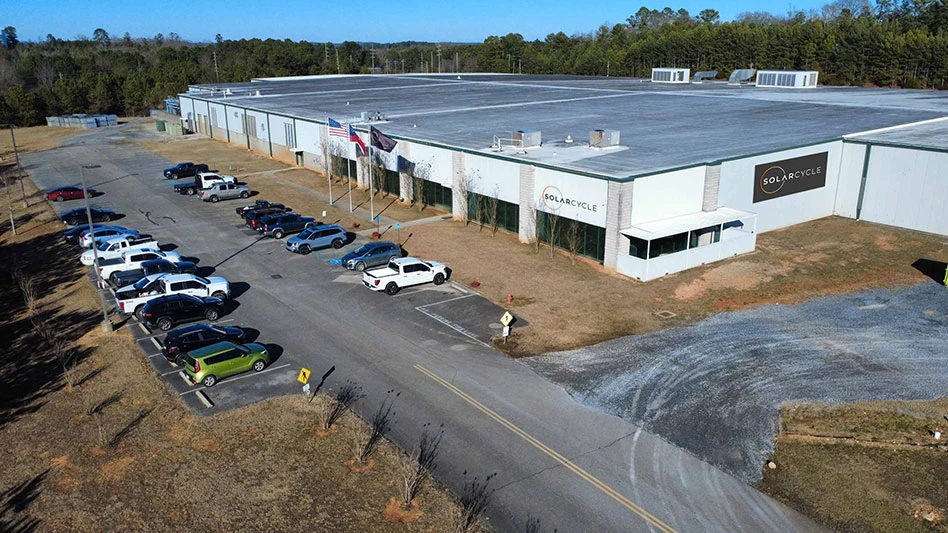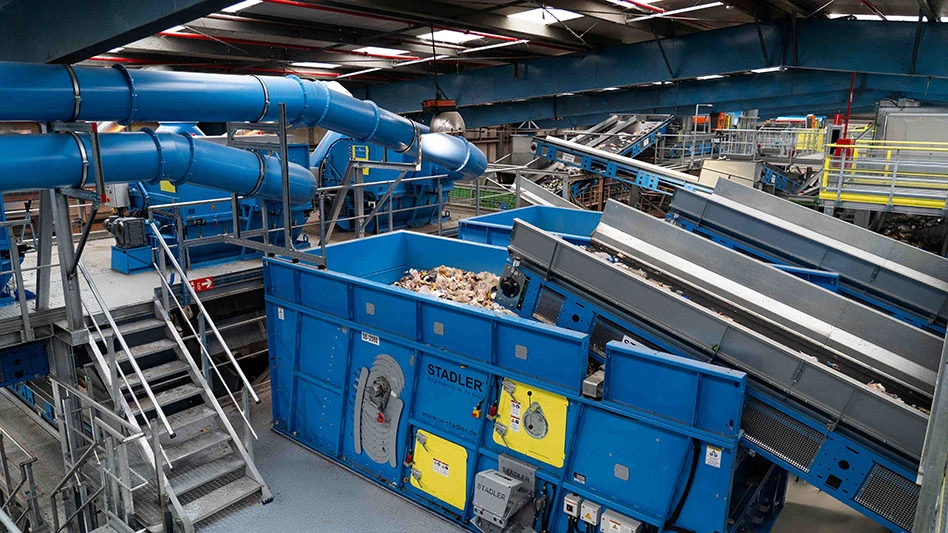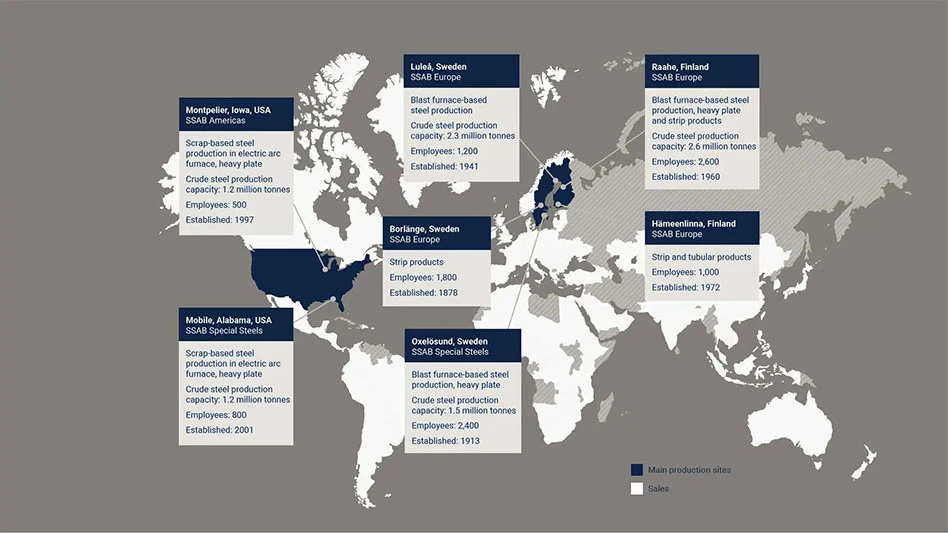
Glynnis Jones | stock.adobe.com
Maryland Gov. Wes Moore has signed Senate Bill 901 (S.B. 901) into law, which will establish a statewide extended producer responsibility (EPR) program for packaging. Maryland has now become the sixth state in the U.S. to enact such packaging EPR legislation.
The law, which passed the Maryland General Assembly on April 7, would require packaging producers to fund and manage the recycling system.
“We have a responsibility to hand over the state to the next generation better than we found it,” Moore says. “That’s not just a moral priority—that’s an economic imperative.”
RELATED: Commentary: How EPR is transforming the packaging industry
S.B. 901 incorporates best practices from the Boston-based Product Stewardship Institute’s (PSI’s) national packaging EPR model. Under the law, producers must join a producer responsibility organization (PRO) that will submit an implementation plan to a multistakeholder advisory council and the Maryland Department of the Environment (MDE) for approval. The PRO will assess “eco-modulated” fees that producers will pay based on the sustainability of packaging materials—incentivizing reduction, reuse, recycling and composting.
The law establishes a phased cost responsibility: producers will cover 50 percent of program costs by July 1, 2028; 75 percent by 2029; and 90 percent by 2030. These funds will support recycling and composting infrastructure, education and outreach and local reuse initiatives, PSI says. Maryland’s law allows multiple PROs to operate from the outset—an approach that encourages competition.
RELATED: EPR so far: An examination of EPR developments across the U.S. and Canada
“With the governor’s signature, Maryland has taken a bold step toward a cleaner, more sustainable future,” says Sen. Malcolm Augustine, the bill’s lead sponsor. “This new law holds producers accountable for the packaging waste they create and builds a modern, circular system that benefits every Marylander. I’m proud to have led this effort and deeply grateful to the Product Stewardship Institute, Trash Free Maryland [TFM], Maryland Recycling Network [MRN] and all of our legislative champions who made this victory possible.”
“With this new law, Maryland is not just joining the national movement for extended producer responsibility—it’s helping to lead it,” says Scott Cassel, PSI founder and CEO. “By holding producers accountable for the packaging they put into the marketplace, this law will save taxpayers tens of millions of dollars, drive down waste, strengthen local recycling programs and create green jobs across the state. It’s a smart, forward-thinking solution to one of our most pressing waste challenges.”
The bill’s passage follows an earlier attempt at establishing an EPR system in 2023, which resulted in a statewide recycling needs assessment. This assessment involved a waste characterization study and was released in February.
In addition to PSI, TFM and MRN, the Springfield, Massachusetts-based American Institute for Packaging and the Environment (Ameripen) also played a role in the development of S.B. 901.
“Ameripen has long championed packaging policies that are results-based, effective and fair,” Amperien Executive Director Lynn Dyer says. “Gov. Moore’s signature on S.B. 901 reflects years of diligent collaboration and smart policymaking. We are proud to have supported this process every step of the way and look forward to continuing our work to ensure Maryland realizes their goal of a best-in-class recovery and recycling system.”
“As recycling professionals, we’ve long known that local governments can’t shoulder the burden of packaging waste alone,” says Chaz Miller, chair of Maryland Recycling Network’s legislative committee. “This new law creates a shared responsibility in which packaging companies will cover most recycling costs. We’re excited to work with local governments, public and private MRF [material recovery facility] operators, MDE and the producer group to build a recycling system based on Maryland’s unique needs.”
With the signing of S.B. 901, Maryland joins Maine, Oregon, Colorado, California and Minnesota in enacting packaging EPR laws.
Latest from Recycling Today
- ArcelorMittal legal battle with Italy continues
- Altor program boosts EPS recycling
- IP to spin off non-North American operations
- Flexible Film Recycling Alliance report outlines progress
- RERF opens Avagliano award nominations
- Eriez expands European sales network
- Gränges increases sales volume in 2025
- Aduro selects Netherlands as site for industrial scale-up facility

